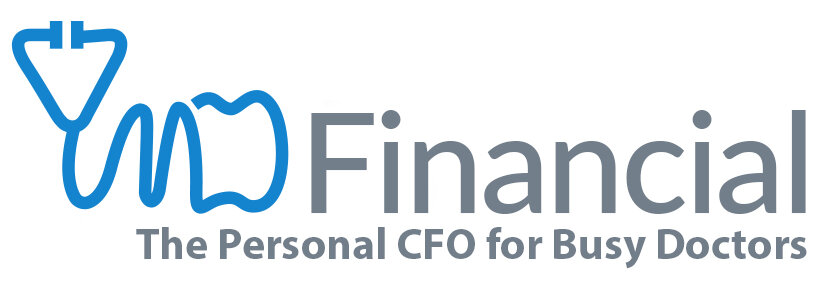Want to start building your investments and planning for retirement? Have no idea where to start the conversation about your personal finances? Well, you’re not alone!
Here are the top 10 questions to ask when comparing prospective financial advisors:
Do they have a fiduciary obligation to you? A fiduciary is a specialized advisor, a lot like being an attorney or trustee. A fiduciary must only make decisions that are in their client’s best interest. They are not selling you on a product of their own making.
Follow up question: Are they affiliated with any company that creates financial products? You want an advisor that offers you a glimpse at everything that’s on the market, not a sub-standard offering with no option of selection.
How are they paid? Fees? Commissions? An advisor that is paid commission upon acquisition may be less likely to maintain their relationship long-term once they have your accounts transferred over to their institution. An advisor’s bedside manner will vary from person-to-person–pay structure aside.
What services do they provide? The key here is that they provide comprehensive financial planning, tax-efficient investing, and an evidence-based investing approach. Otherwise you may go mad coordinating and juggling all of your different advisors, rather than one that is full-service.
What is their investment philosophy? There are at least three types: active management, index investing, and evidence-based investing. Each has its own initial appeal, but evidence-based has the longest lasting satisfaction, in our experience.
Are they solitary, or is there a team working on your portfolio? We’ve found that doctors especially, need experts dedicated to: investments, insurances, taxes, estate planning, contracts, debt plans, college planning, retirement planning, and cash flow/budgeting.
What are their firm’s contingencies? This heavily ties into question six. Do they have a team dedicated to your accounts? When do they plan to retire? What direction is their firm heading? Ideally, they’ll have a whole team that is familiar with your accounts, and a de facto partner that is ready to take over if the need arises.
Where do they get their new clients? This will give you insight into where they spend their time, money, and it may give you a glimpse into client satisfaction via client referrals. After all, happy clients are more likely to share their financial planner’s info with their friends and colleagues.
How many doctors do they serve? Doctors’ finances are typically more complex with more debt, student loan forgiveness options, more cross-country moves, and a higher need for asset protection than the average American.
Have they ever been sued by a client, or fined by regulatory agencies? If this is an uncomfortable subject to broach, you can look up their firm on the Financial Industry Regulatory Authority (FINRA) website, or the SEC’s website.
As you get answers to these questions, you’ll get a better feel for if they’re the best financial advisor for you. Don’t be afraid to ask for client references! The only thing you should settle for is a real partner; a trusted advisor that will take away the stress and worry from managing your money and one that has your best interest at heart.
Listen on Apple Podcast, Google Podcast or Spotify
CONTACT US
1-888-256-6855
Remember that you can send us any questions at: Info@MDFinancialAdvisors.com
Katherine Vessenes, JD, CFP®, is the founder and CEO of MD Financial Advisors who serve 500 doctors from Hawaii to Cape Cod. An award-winning Financial Advisor, Attorney, Certified Financial Planner®, author and speaker, she is devoted to bringing ethical advice to physicians and dentists. She can be reached at Katherine@mdfinancialadvisors.com.

![Doctors, Here are 10 Questions to Ask Your Prospective Financial Advisor [Podcast]](https://images.squarespace-cdn.com/content/v1/561feb4ee4b0de0eb30d6d3c/1666191294779-WQ5WPWI1C686VX32WULL/pexels-mikhail-nilov-7681757.jpg)
